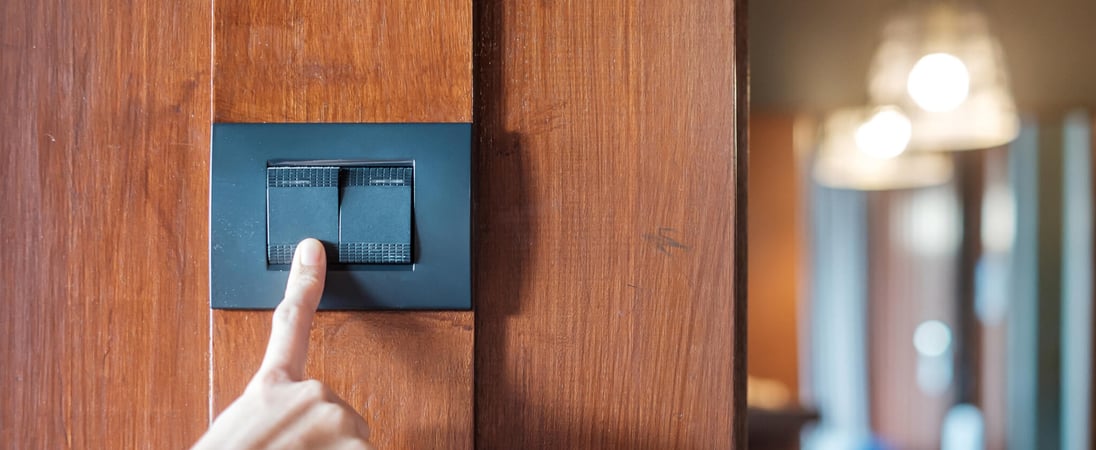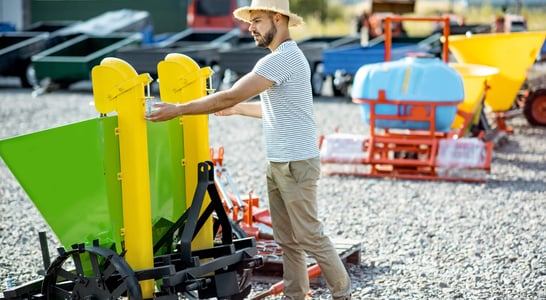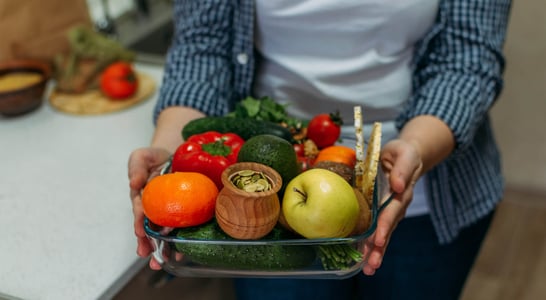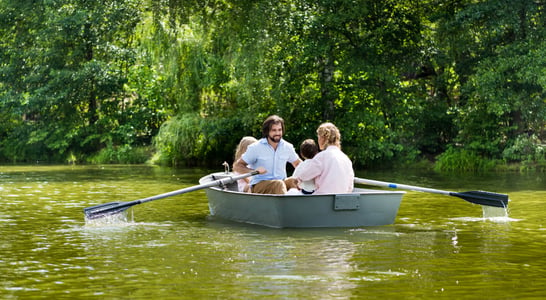
Energy Saving Week
Adopting eco-friendly habits illuminates a path to sustainability, reducing environmental impact for future generations.
Energy Saving Week arrives annually, dedicating a few days to increase awareness of energy use. It also challenges everyone to take small actions to improve personal energy efficiency, thus playing a crucial role in making a healthier planet. As the world wrestles with the challenges resulting from climate change and rising energy costs, the significance of energy conservation is more important than ever.
History of Energy Saving Week
Energy Saving Week rose into the public consciousness in response to the growing need for a greater awareness of sustainable energy practices. It’s a national initiative that’s organized by the United Kingdom’s Energy Saving Trust and Citizens Advice Bureau. The week focuses on educating the public about energy efficiency. They also hope to guide consumers on switching energy suppliers or tariffs for better rates. Their ultimate goal is to encourage households toward more energy-efficient practices.
The roots of this week-long observance go back to past energy crises. It was particularly inspired by the 1973 oil crisis, which revealed a heavy reliance on fossil fuels — a weak point in security that nudged Western nations to alternative fuels. The seventies were a wake-up call regarding reliance on non-renewable energy sources. Over the years, Energy Saving Week evolved, leading to consequential policy changes and public awareness campaigns. By the late 2000s, this awareness week had become a key platform for promoting energy conservation strategies. The goal continues to be to reduce carbon emissions and combat the ever-increasing issue of global warming.
How to Celebrate Energy Saving Week
Celebrating Energy Saving Week means adopting practices that improve energy efficiency. Here are some suggestions for participating in this important week:
Increase Your Use of Natural Resources
Utilizing natural light and air is more energy-efficient and beneficial for your health. Sunlight provides vitamin D, and the bright rays may put you in a better mood. Similarly, taking in some fresh air from an open window can improve lung health and increase oxygen levels in your body. Rearrange your workspace or living spaces to maximize exposure to natural light. Also, try using ventilating fans to enhance air circulation when the windows are open.
Switch to LED Lighting
Switching to LED lighting is a smart choice for your wallet. In addition, it contributes to a significant reduction in global energy demand. LED bulbs emit less heat. Thus, it reduces the strain on air conditioning systems. Air cooling systems having a longer lifespan means less waste and fewer resources used in manufacturing and transportation. When shopping for LEDs, search for the energy rating on the label to find the best quality and energy efficiency products.
Improve Home Insulation
Improving home insulation is an excellent method for creating an energy-efficient home. Adding the proper amount of insulation keeps your home warmer in the winter and cooler in the summer. As a result, you will lessen the need for excessive heating or air conditioning. Consider adding insulation to attics, basements, and crawl spaces. You might also inspect around your doors and windows for gaps or leaks, then use weather stripping or caulk to seal leaks back up.
Educate and Spread Awareness
Educating yourself and others about energy-saving techniques plays an enormous role in building a sustainable future. Host workshops or share online resources about energy efficiency. Encourage discussions about the benefits of reducing energy consumption. Explain to consumers how making these adjustments can help them, such as lowering utility bills and creating a healthier environment. Remember, every discussion you have can inspire someone you know to make a positive change.
Support Renewable Energy
Investing in renewable energy sources like solar panels is a proactive step towards a greener future. Solar energy reduces reliance on fossil fuels and can increase your property’s value. Look online to discover local incentives, tax credits, and rebates available in your area to make the transition more feasible. Even small steps, like solar-powered outdoor lights, can help you make a difference.
Practice Energy-Saving Habits
Practicing energy-saving habits means making mindful choices in your daily life. For instance, wash clothes in cold water and air dry them whenever possible. Consider investing in smart power strips to turn off idle devices automatically. Finally, maintain your heating and cooling systems for peak energy efficiency. Multiplying these small changes across millions of households can lead to significant energy savings and environmental benefits.
Energy Saving Week is not only about a single week of effort. Rather, it means creating a healthier, more sustainable lifestyle that respects and conserves our planet’s resources. By participating in this Energy Saving Week, you take a step towards a more sustainable and responsible future, ensuring we leave a healthier planet for generations to come.
Also on ...
View all holidaysTake a Walk Outdoors Day
People have likely been taking a walk outside since the beginning of human history! And ever since people have made the habit of living indoors, it has been a delight for them to get outdoors for a walk in the fresh air.
National Cheesy Socks Day
Transform your sock game with outrageously hilarious novelty socks! They'll make your feet feel fancy and your friends laugh out loud.
National Rhubarb Pie Day
Who knew that such a tasty dessert could be made out of something that is technically classified as a vegetable?!








